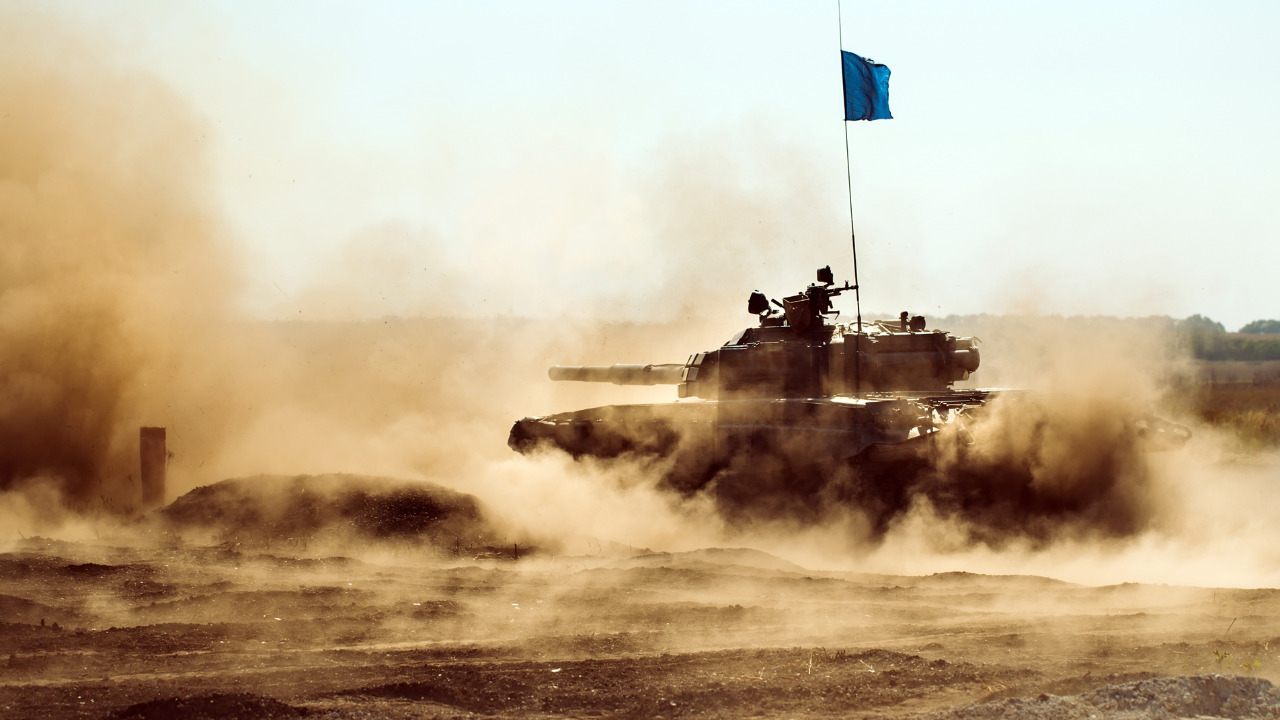Date first published: 01/08/2023
Key sectors: all
Key risks: war on land; political instability; sanctions; business disruption
Risk development
On 26 July soldiers from the National Council for the Protection of the Homeland (CNSP) carried out a coup and deposed President Mohamed Bazoum. On 28 July the CNSP announced General Abdourahmane Tchiani as leader of the military junta.
In response to the military takeover, on 30 July the Economic Community of West African States (ECOWAS) regional bloc announced sanctions against the country and demanded a return to constitutional rule within the week, failing which the bloc would consider military action against Niamey. Since then, junta leaders in Mali and Burkina Faso have upped the stakes and responded to ECOWAS threats by issuing a joint statement on 1 August warning that intervention in Niger would be considered a declaration of war against their nations.
Why it matters
Foreign military intervention in Niger is highly unlikely, despite heightened rhetoric by ECOWAS. Threats of military action by ECOWAS can be interpreted as heightened posturing as the bloc has previously been accused of being ineffective against thwarting coups in the region. ECOWAS will likely try to strongarm the CNSP into concessions as the cost of armed conflict for both parties will likely be too high.
An ECOWAS-led military intervention risks direct confrontation between the Nigerien army and its allied forces. ECOWAS lacks the resources, capability and political support from within the organisation to mount a military intervention and it is highly unlikely that French, US and EU troops stationed in the country will join an intervention effort. Instead, ECOWAS will likely politically and economically pressure the CNSP military junta and demand a swift transition to democracy.
Amid heightened tensions, France announced that it would begin evacuating its citizens and European citizens who wish to leave the country. The announcement was likely a response to the 30 July incident in which pro-coup protesters attacked the French Embassy in Niamey rather than a reaction to an imminent military confrontation. Given the high levels of anti-French rhetoric by pro-coup supporters, there is a high risk that French commercial and government assets would be targeted by protesters.
Background
Niger has been a key partner to Western allies such as France, the US and the EU in recent years. However, the putsch has raised concerns about the future of these military missions. At least 1,500 French soldiers are stationed in the country following the expulsion of Operation Barkhane from Mali in 2022, while in December 2022 the EU launched a three-year military mission called the EU Military Partnership Mission in Niger (EUMPM Niger) to combat terrorism in the Sahel. Also involved in the mission is the German army Bundeswehr, which has about 100 soldiers currently stationed in Niamey. There is a high risk that the Nigerien military’s focus on domestic politics could see a diminishment of counter terrorism capabilities which would undermine efforts to improve the security in the country and across the region.
Risk outlook
At the moment, Niger and ECOWAS are engaged in a game of brinkmanship but both are aware that an intervention is mutually undesirable. The CNSP cannot guarantee that all factions of the Nigerien army will resist an invasion and ECOWAS will not risk testing this theory. It is likely that the CNSP will offer some concessions such as releasing Bazoum, announcing a palatable transitional timetable while providing guarantees to protect foreign commercial interests and citizens. ECOWAS will likely maintain sanctions but will likely call off an intervention.

